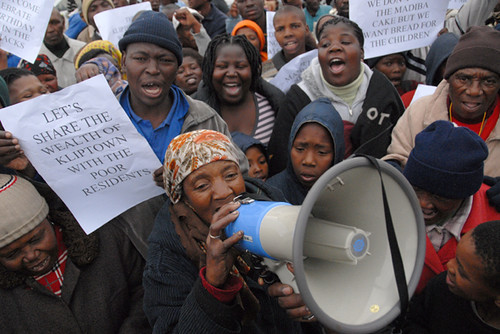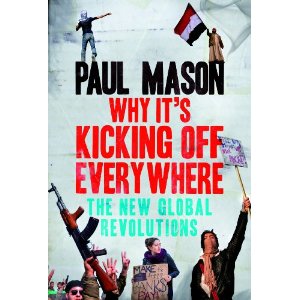Marxist theory
Marta Harnecker: Conquering a new popular hegemony

"In recent years, and in increasingly more countries, growing multitudes have rebe
Doug Lorimer's introduction to 'Imperialism: The Highest Stage of Capitalism'
Introduction by Doug Lorimer
Get Political! slideshow: Introduction to Marxism
Introduction to Marxism
March 28, 2012 -- Links International Journal of Socialist Renewal -- More than 50 key figures on the left including Ian Angus, John Riddell, Patrick Bond, Paul Le Blanc, China Miéville, Ken Loach, Lindsey German, Alex Callinicos, Suzi Weissman, Michael Yates and Immanuel Ness have backed Pluto Press' Get Political! campaign urging activists fighting for the 99% to draw inspiration from the lives and writings
Paul Le Blanc: Why Occupy activists should read the greats of revolutionary socialism

[Read more from Links International Journal of Socialist Renewal on Lenin,
An exchange on Marx and Engels and 'small is beautiful'
[Links International Journal of Socialist Renewal urges its readers to consider taking out a subscription to Monthly Review, where this article
'Uneven and combined Marxism' within South Africa’s urban social movements

A protest by Kliptown Concerned Residents and the Anti Privatisation Forum.
Michael Lebowitz on John Holloway's 'Change the World without Taking Power'
'Leaps Leaps Leaps': Lenin and politics
By Daniel Bensaid
What happened to the gravediggers?

By John Rainford
December 3, 2011 – Links International Journal of Socialist Renewal -- In his survey of developments in Western Marxism from the time of the Russian Revolution, Perry Anderson sets out a number of questions for enquiry into the future of historical materialism. These questions, which range from the structure of bourgeois democracy and revolutionary strategy to the contemporary laws of motion of capitalism, are not directly taken up here. This paper focuses on how his precondition for their solution, “the rise of a mass revolutionary movement, free of organisational constraint, in the homelands of industrial capitalism”1 might be realised.
Anderson notes that almost all of the theorists of historical materialism, beginning with Karl Marx and Frederick Engels, have been intellectuals from the “possessing classes” – and indeed of higher rather than lower bourgeois origin. Antonio Gramsci, with an exceptional background of poverty, was nevertheless born at some distance from the working class.2 What follows is an attempt, in the Gramscian tradition, to test Anderson’s assertion that in the long run, the future of Marxist theory lies with theorists produced by the industrial working class.3


